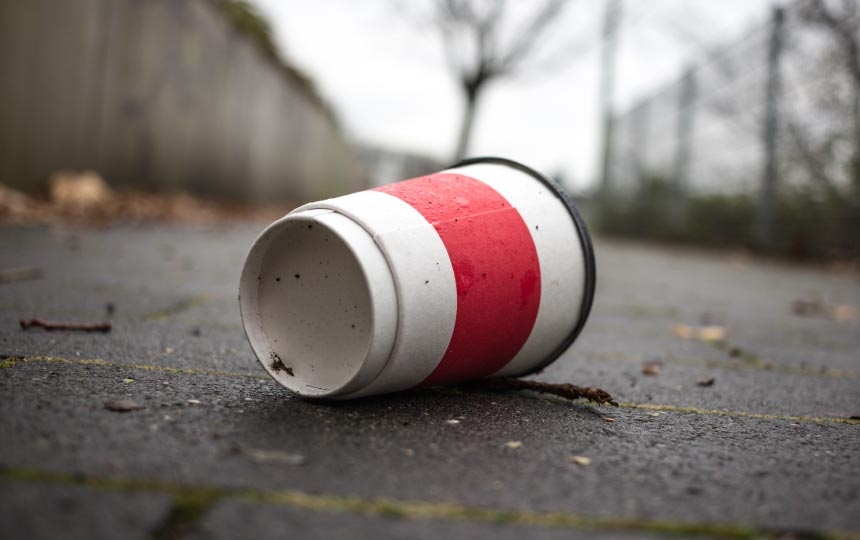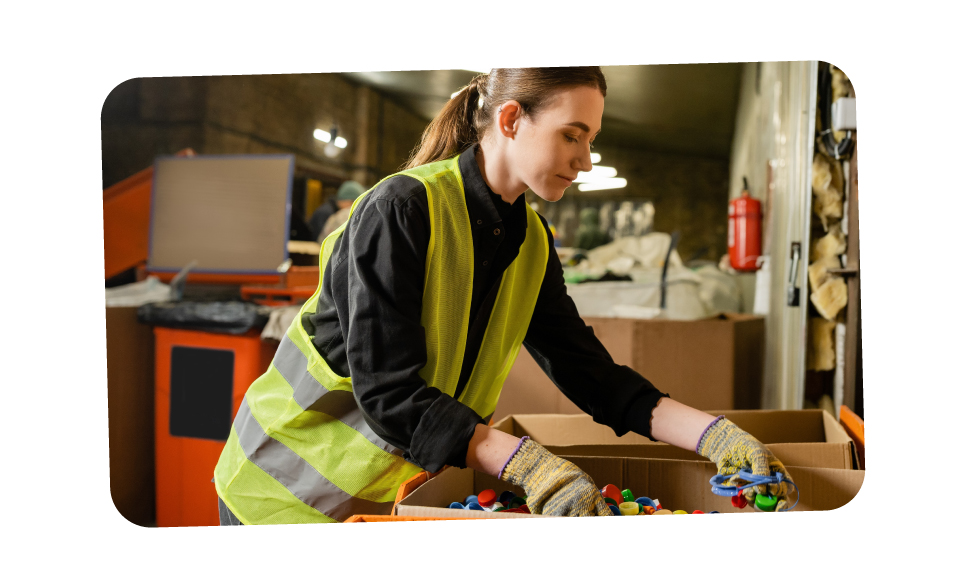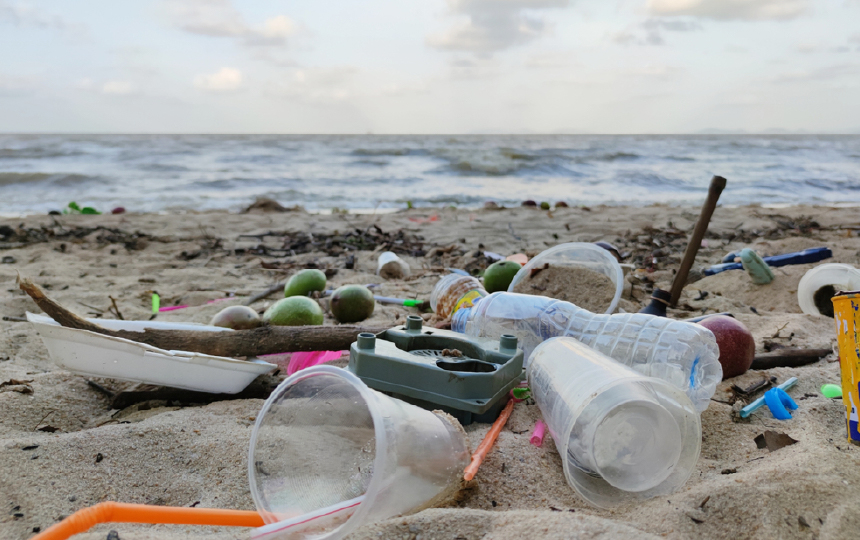
6 Years On - Are We Still Rubbish at Recycling?
Over the past six years, recycling has evolved from a chore to a crucial behaviour. Despite our efforts in reusing, sustainable shopping, and adopting plant-based diets, media coverage suggests we're still falling short. Recycling rates in England have declined slightly, highlighting the need for improved waste management and stronger initiatives to reduce consumption and plastic pollution.
More +








